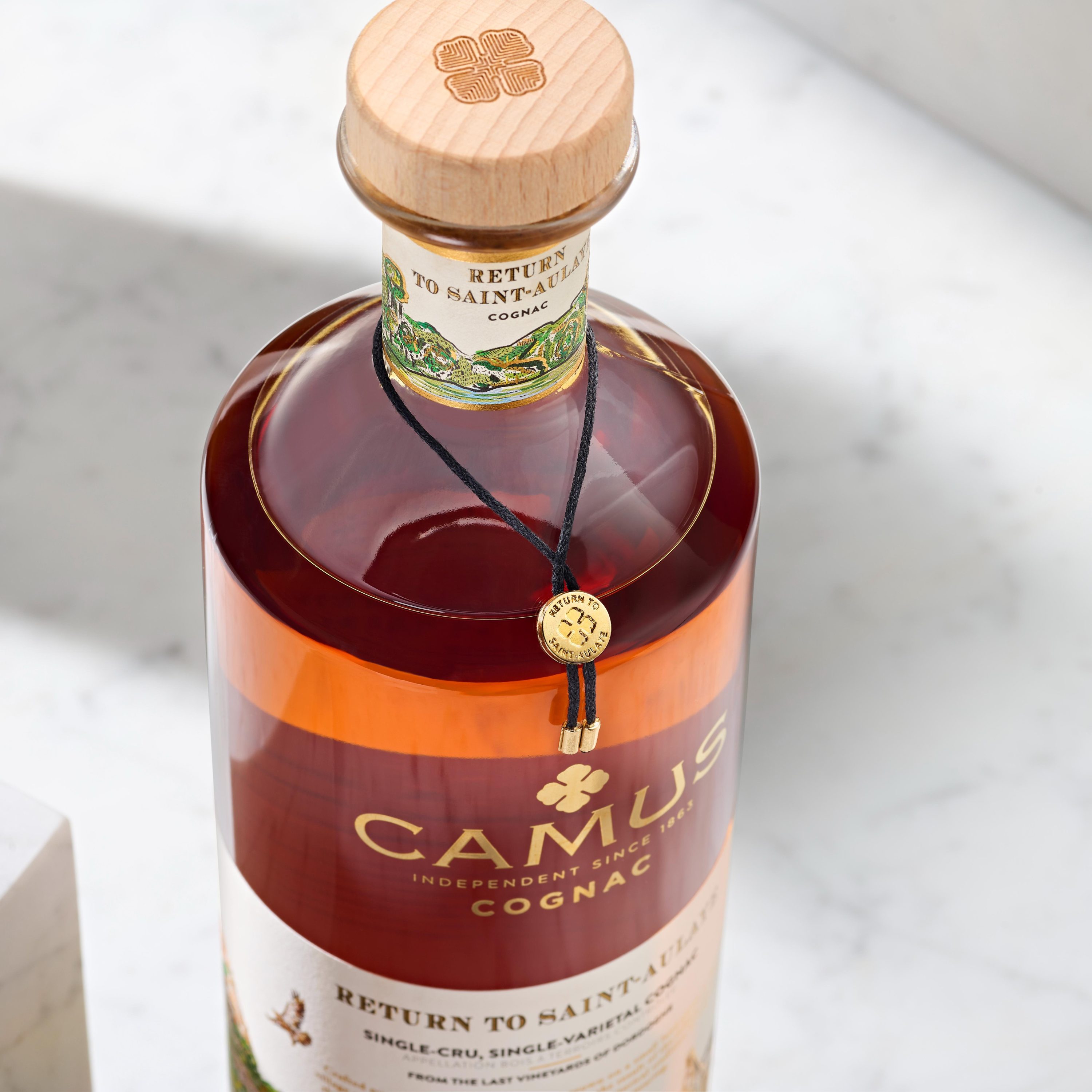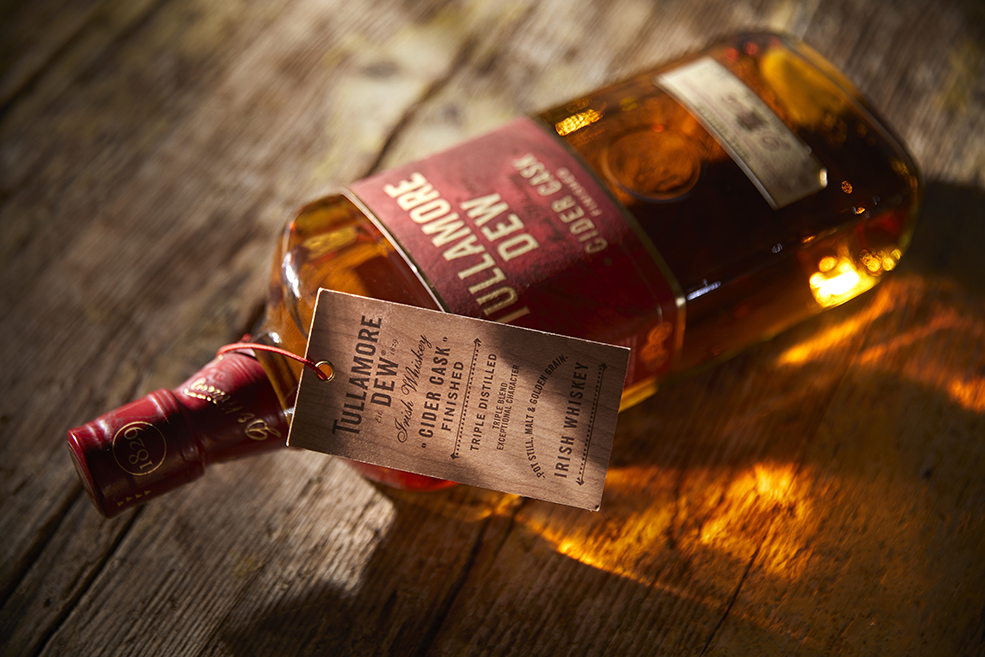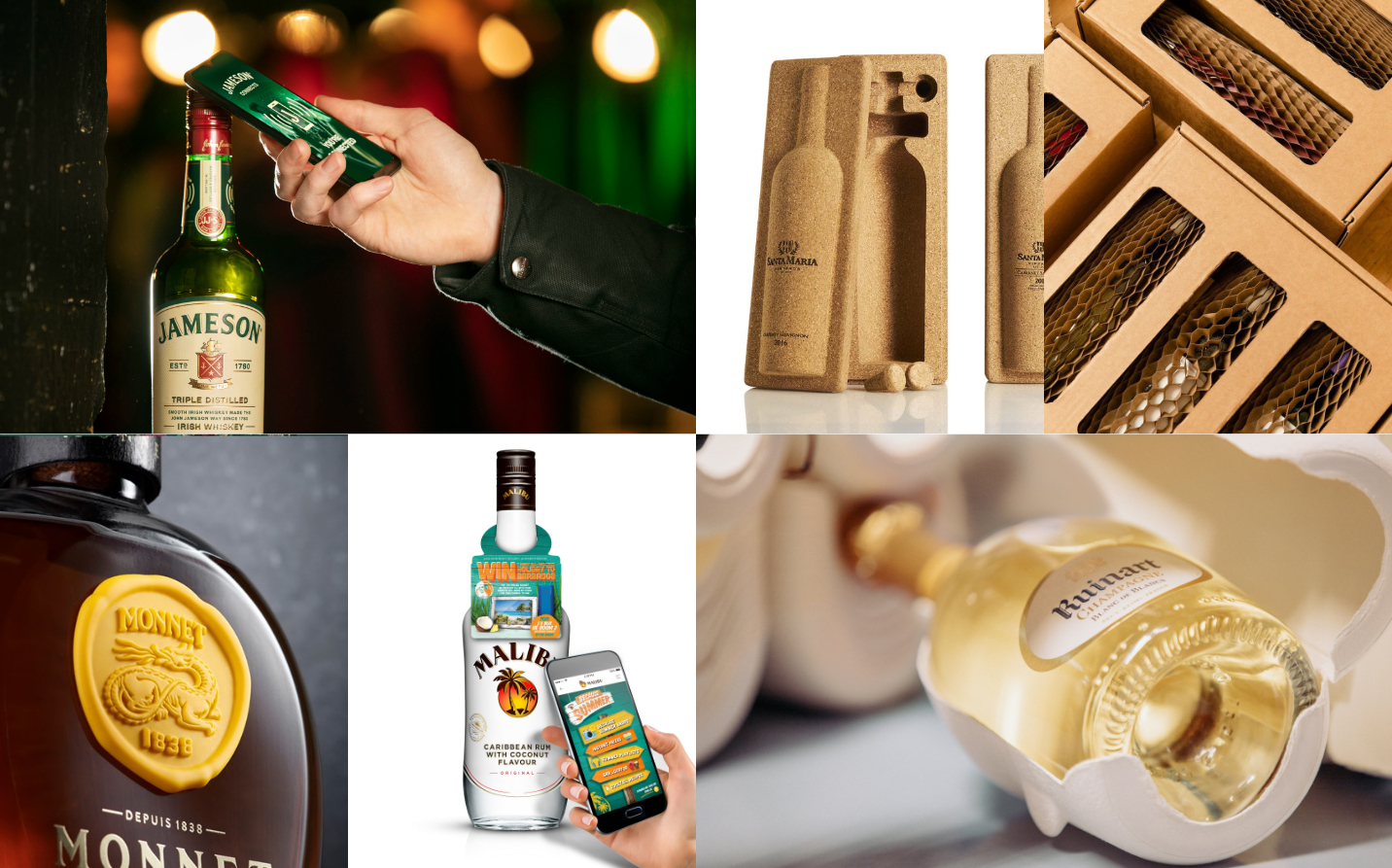It may come as little surprise that drinking habits have significantly transformed over the past two years. Ready-mixed cans have taken the place of beer bottles, while rich, fruity ingredients have surpassed standard traditional flavours.
A barrage of lockdowns taught us that consuming alcohol at home can be equally enjoyable, and our taste experiences have grown with our newfound sophistication. People are now opting for healthier, go-to choices that lack nothing in the taste department, particularly those with deliciously fresh flavours that cast our minds back to sunny days and relaxed staycations.
This shift in consumer behaviour is currently driving marketing strategies and product innovation, so there’s no excuse to be left behind with alcohol packaging that doesn’t capture the imagination of your consumers. Brand embellishments and eye-catching packaging are integral aspects of your overall marketing strategy.

Premium forms of alcohol are on the rise
Shaped by the pandemic and its associated ‘home-drinking’ success, there is an ever-growing demand for more sophisticated drinks. A prime example of this is Tequila. The Mexican traditional spirit has always firmly held its place in a shot glass for those in the UK, but newly emerged trends demonstrate that it is now becoming more of a sipping serve that appeals to the palate of a new wave of consumer.
Mixology experimentations have seen drinkers spend more on premium beverages such as high-quality whiskey, craft rum and artisan gin. A recent study by Bacardi informs us that 30% of drinkers plan to continue drinking premium cocktails through 2022 and beyond.
The millennial age group might well have something to do with this. The younger generation are more cautious about their drinking choices than their older counterparts. There is an evolved demand for rich flavour, interesting history, sustainability combined with a desire to drink healthily.
Ready to drink (RTD) is a firm favourite
While it seems that alcohol is going out of fashion for the younger, health-conscious generation, the consumption of RTD’s is firmly on the rise. Once again, consumption during lockdowns charted a rise in sales with reasons attributed to vibrant, creative packaging, and convenience. The explanation that seems to be sticking, however, is its surge from a low-grade party drink to a more premium offering that is widely accepted in the consumer marketplace. Perhaps it’s a combination of attractive packaging that boasts brand identity and resonates with a fast-paced world, the choice of alternative flavours, and detailed clarity of quality ingredients that has prompted its 132% rise in the last 12 months.

Environmental impacts are changing habits
Alcohol has previously been overlooked as a problematic contributor of environmental degradation. However, as we move towards a more sustainable climate, alcohol-lovers are becoming increasingly aware of detrimental manufacturing processes and toxic pollution.
More consumers are beginning to strive towards local ingredients, ethical sourcing, and recyclable materials that equate to zero waste. Recent studies show that there is a notable rise in the consumption of organic alcohol, particularly among young consumers and the IWSR reports that nearly 50% of all U.S. alcohol drinkers said that they are more likely to buy from an environmentally responsible company. As we progress towards 2023, more consumers will continue to want to make well-informed choices. It’s also likely they’ll be requiring more detailed labelling that clearly communicates community, manufacturer and carbon footprint credentials, in addition to clearly illustrated ingredients.
Social media drives online sales
Pretty much everything associated with 2020 has impacted upon our lives, and online alcohol sales are one of them. With lockdown alcohol purchases restricted to online solely, ecommerce sites are now a leading force in alcohol sales having grown by a startling 42% in 2020.
A further contributing factor is the evolution of the digital era, particularly social media platforms that attract a younger drink-savvy generation. The current forerunner for alcohol sales is leading platform TikTok; their #alcohol hashtag featured in the top 100 most popular videos in 2020 with a combined view of over 300 million!
As alcohol-lovers continue to swipe through social media channels, manufacturers are swooping in on an opportunity to drive recognition and encourage future purchases. Moreover, online purchases are driven largely by the physical appearance of a product on the screen so packaging plays a key role in consumer choice.

Sobriety is taking over
Whether its due to ‘Dry January’ or ‘Sober October’, people are more health conscious than ever before and bold, hangover-free lifestyle choices are in full effect. Abstaining from alcohol is on the rise, with many consumers making a dramatic shift towards Non or Low ABV offerings (NoLo).
In December 2021, Gordons launched their alcohol-free gin which, seemingly remains ‘100% Gordons and 0% alcohol.’
Patterns of abstinence also tie in with the premiumisation of the drinks market. Those that have reduced their intake are likely to desire high quality, indulgent options when they do choose to drink.
They’ll also likely be eyeballing the ingredients list very closely!
And finally…
Covid-19 has shifted consumer behaviour permanently. Simultaneously, a wave towards healthier lifestyles has prompted cleaner drinking habits and a rising interest in sustainability. With this in mind, packaging should be attractive, eye-catching and suitably detailed to assure consumers that your brand exceeds their new expectations. Detailed ingredients are essential which makes clever labelling a must. This is equally necessary for any additional brand embellishments such as hang tags and merchandise.
The shift in market trends is a driving force in Signet’s expertise. As consumers evolve, so must we, which is why our branded packaging designs both enhance and support your brand in its entirety.
In addition to our unmatched brand embellishments, we utilise a sustainable design protocol that considers major sustainability drivers including embodied carbon, reusability/recyclability and packaging and transport efficiency. Signet are also aligned with the United Nations Sustainable Development Goals.
If you’d like to discuss any labelling requirements and keeping your brand ahead of the crowd, please get in touch with us.
We’d love to find out more about your product or brand and we’d be delighted to arrange a consultation to discuss your product embellishment needs – simply fill in the form and we’ll be in touch.
Alternatively, give us a call on 01733 396080